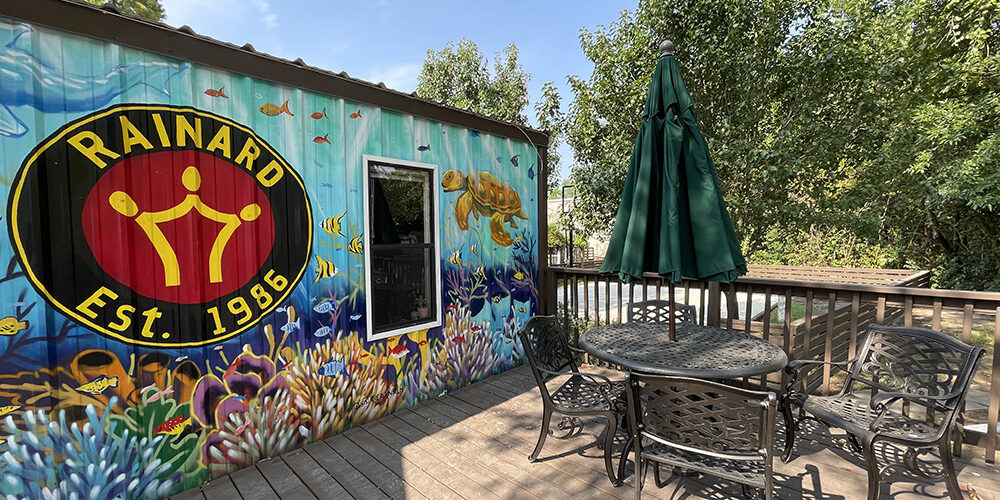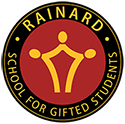The Importance of Teaching Gratitude in Gifted Students
Gifted students' unique skills make them naturally high achievers. With that, they can experience perfectionism, mental health issues and social isolation. Practicing gratitude can help gifted students reduce these issues and foster healthy relationships.
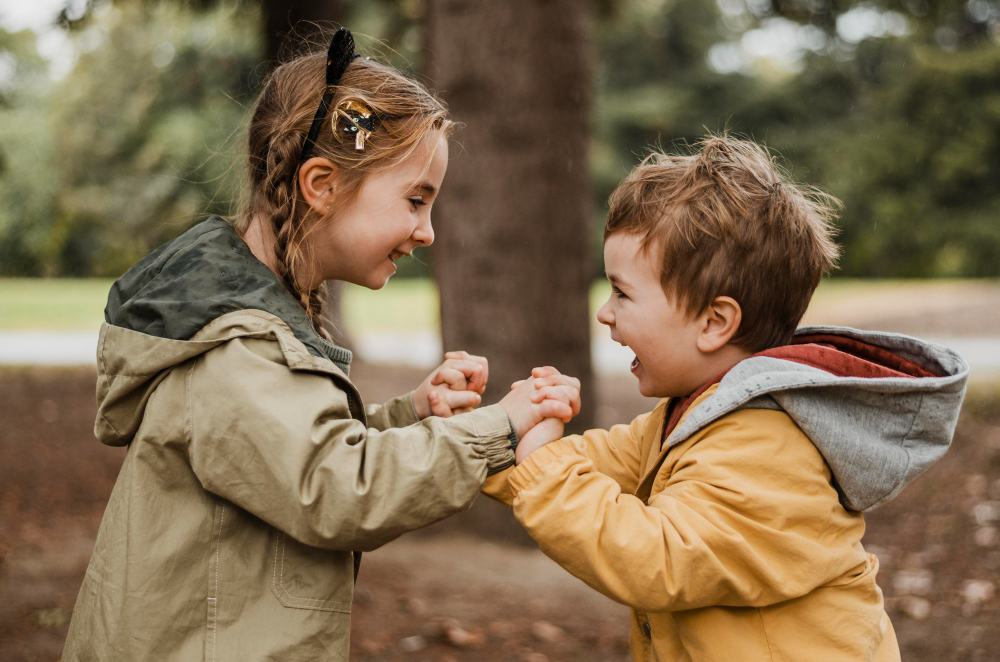
What is gratitude?
The American Psychological Association defines gratitude as “a sense of thankfulness and happiness in response to receiving a gift, either a tangible benefit (e.g., a present, favor) given by someone or a fortunate happenstance (e.g., a beautiful day).” Psychologists break down Gratitude into two parts: acknowledgement and appreciation. For students who are often used to recognition for their high performance, gratitude can sometimes feel abstract and confusing.
Gratitude Helps Improve Emotional Resilience
Gifted students are at risk of becoming perfectionists. Students displaying perfectionist behaviors are more likely to procrastinate, stress over assignments, and avoid trying new or difficult things. When gifted students learn gratitude, they are able to see the bigger picture. When they can connect influences with outcomes, they realize success isn't all on them. Instead of worrying about failure, they are able to appreciate all the good in the process. New experiences will feel more like opportunities rather than threats. It helps them reframe failure and persevere in spite of setbacks.
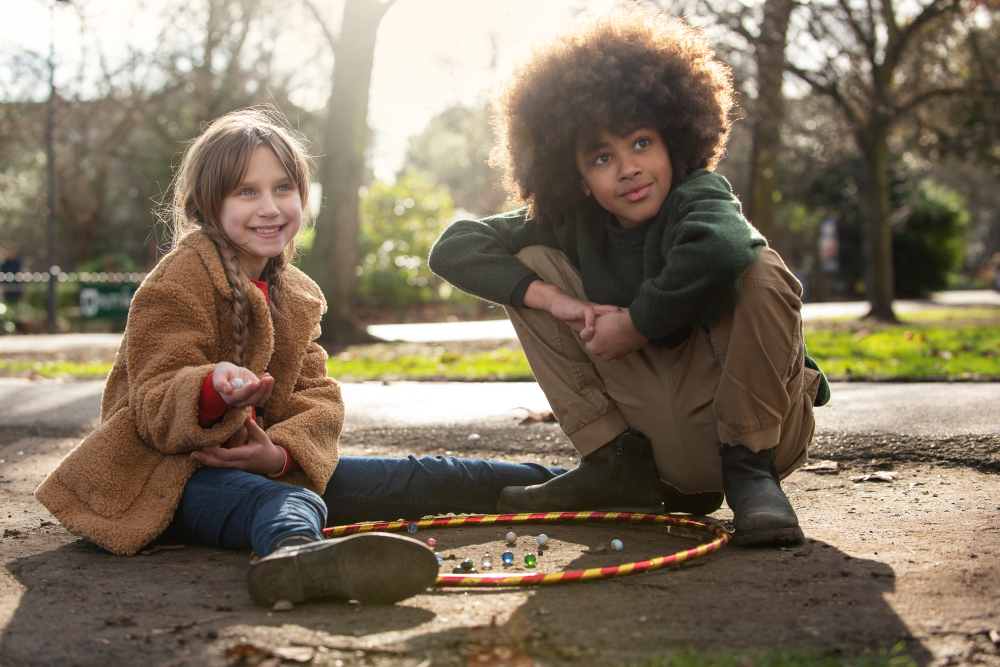
Gratitude Can Help Gifted Students Build and Maintain Relationships
Teaching gifted students gratitude can help them build and strengthen interpersonal relationships. Acknowledging and appreciating others is a way to express vulnerability. This can lead to stronger interpersonal connections. These connections can help lessen feelings of social isolation common in gifted children. Gratitude can also inspire them to reciprocate acts of kindness and support.
Ways to Help Gifted Students Practice Gratitude
- Gratitude journals: To help build the habit of gratitude, have them write down things they're grateful for every day in a journal.
- Engage their love of science: Motivate students to practice gratitude with facts, figures, or scientific visuals.
- Break gratitude down by asking them a series of questions. First, ask them who or what played a role in a positive outcome. Then, how it or they affected the outcome e.g. by how much. Finally, how they might show appreciation.
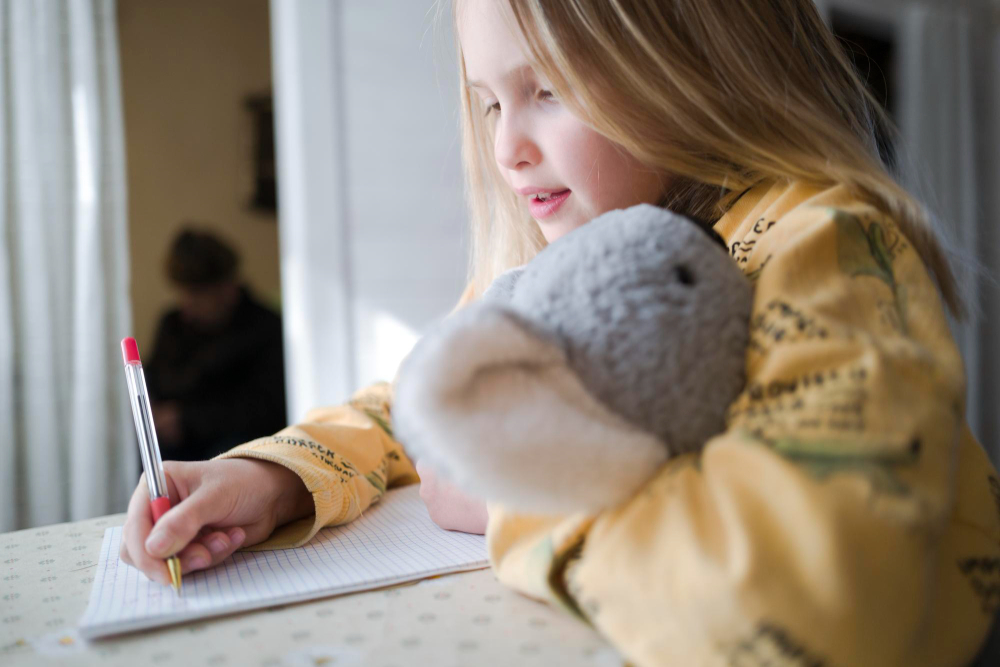
Gratitude is a core emotional skill that positively impacts social and educational outcomes for gifted children. Part of the Rainard model is to create a supportive environment that helps students build these skills central to their development.
